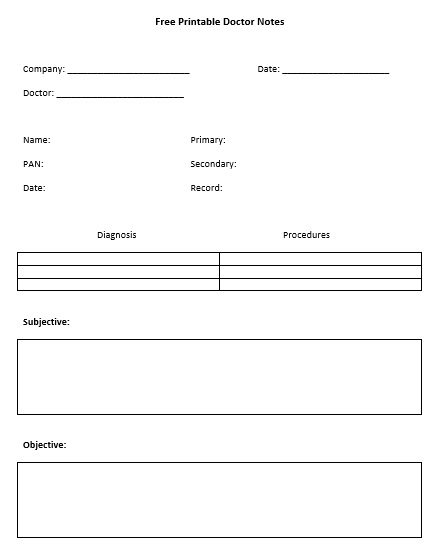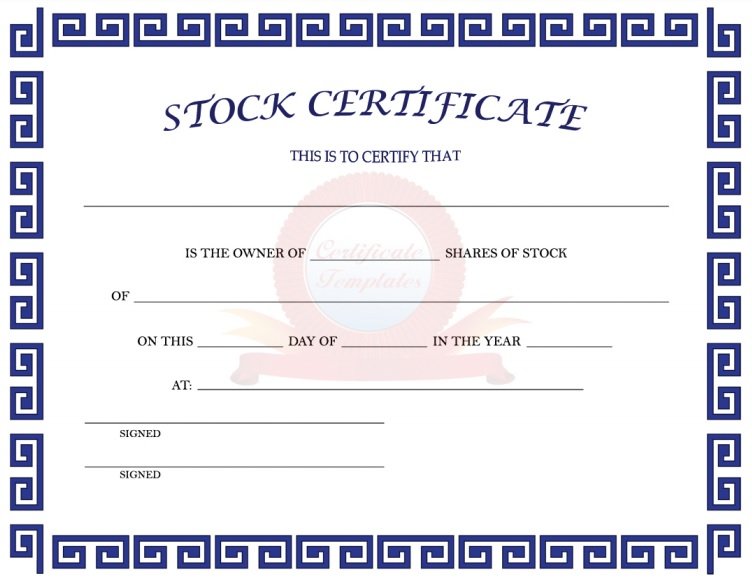An agriculture resume template is used by someone who wants to make a resume related to the field of agriculture, agriculture research, and farming operations. If you are looking for a job in the agriculture sector, then you need an agriculture resume to apply for a job offer. Like any other type of resume, the agriculture resume also contains specific skills and job experience relevant to your respective field.
agricultural resume template
free agriculture resume template
free agriculture resume template 1
agriculture cv template
free agriculture resume template 2
agriculture resume sample
free agriculture resume template 3
free agriculture resume template 4
free agriculture resume template 5
free agriculture resume template 6
How to format your agriculture resume?
The format of your agriculture resume varies depending on your needs. However, different types of agriculture resume formatting are;
Reverse chronological format:
If you have worked in different places and want to make your resume then take a start from the latest to the oldest.
Functional format:
This type of formatting is perfect when you have little experience. It prioritizes the skills of the candidate and enhances the qualities above previous work.
Combined format:
It contains the main characteristics of both chronological and functional formats. Usually, you can use it when you have a lot of experience and weight skills for the position. Furthermore, in the agriculture sector, you can prove yourself the best candidate for a position by describing your professional skills and abilities. In this way, the recruiter will get an idea about whether or not you are eligible for the position offered. Additionally, if you are listing your skills then listing them in your own section and include them in the description of other aspects. You should also check Free Student Identification Card Templates [Word+Excel].
What to include in an agriculture resume?
The things that you should include in your resume vary depending on the specific position you are applying for. Some important information that your resume must include is;
- Professional Experience
- Skillsets
- Educational Background
- Achievements
- Published papers
Structure of agriculture resume:
An agriculture resume will be specific for the position you are applying for. At first, the headline should contain an applied position and the career goal. Then, at the starting, include the summary of your skills and accomplishments. After that, include your professional experience and educational qualifications. Moreover, professional experience is the most important part of your resume. Mention your designation and responsibilities that you had in the previous organization. Also, state the tenure you have completed in the respective firms. You can add value to your profile, by describing the number of farming tasks you have performed and agriculture activities completed successfully in the previous organization. Agriculture activities may include monitoring livestock, planning, and scheduling farming tasks, managing the farm business capital, etc. In the end, you should proofread your resume thoroughly so that it is free from any grammatical, punctuation, and spelling errors. Also, ensure that your formatting is perfect. You may also like Free Resignation Letter Templates & Samples [Word].
free agriculture resume template 7
free agriculture resume template 8
free agriculture resume template 9
free agriculture resume template 10
agriculture manager resume template
agriculture farm manager resume template
agriculture assistant resume template
agricultural economist resume template
free agriculture resume template 11
agricultural engineer resume template
Important keywords of your agriculture resume:
Companies receive the numbers of resumes and they don’t have time to read all. They use Applicant Tracking Software (ATS) to pre-filter the resumes. If your resume doesn’t contain keywords or phrases, it will be rejected. It doesn’t matter how beautifully your resume is formatted, the tracking software will reject it if it doesn’t detect keywords or phrases. Hence, your resume will not have seen by the hiring manager. Some common keywords related to agriculture are;
- Environment
- Agriculture instrument
- Weather detection
- Agriculture research
- Plantation management
- Operations
- Projects coordinator
Conclusion:
In conclusion, an agriculture resume template is the best way to highlight your major accomplishments and farming experience. You should include the number of farming activities performed and your expertise in your agriculture operations so that your resume looks attractive.








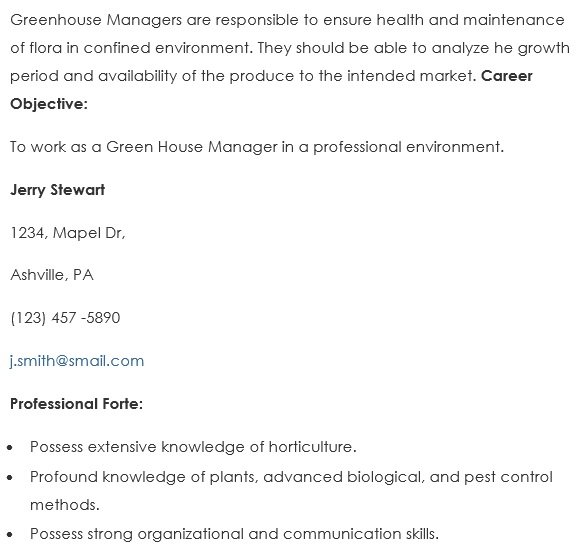













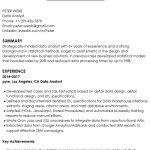

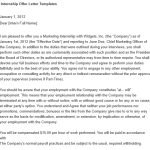
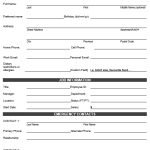
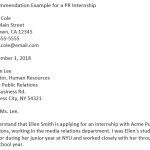
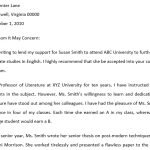
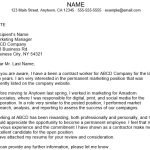

![Best Agriculture Resume Templates [Examples & Samples]](https://templatedata.net/wp-content/uploads/2021/06/free-student-id-card-template-6.jpg)
![Best Agriculture Resume Templates [Examples & Samples]](https://templatedata.net/wp-content/uploads/2021/06/truck-delivery-schedule-template.jpg)
